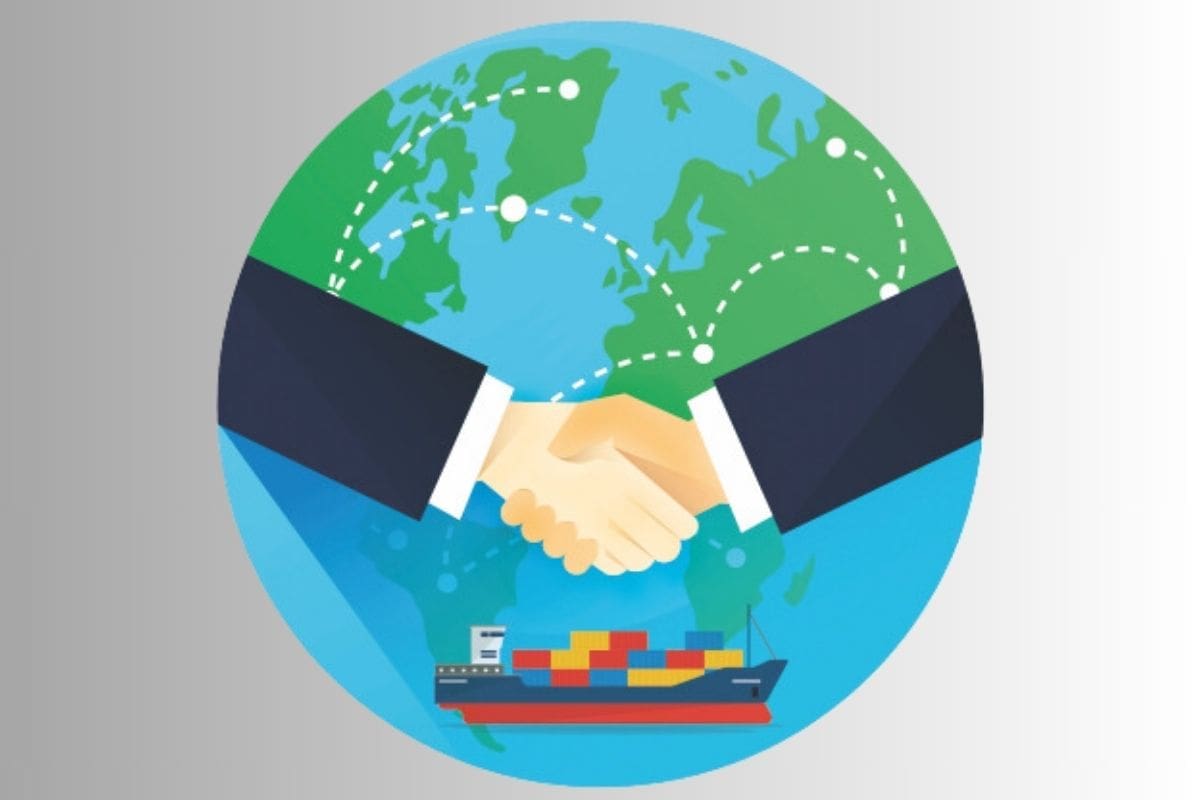India is aiming to renegotiate its free trade agreement with the Association of Southeast Asian Nations (ASEAN) to address concerns over a widening trade deficit and the influx of goods from third countries.
The government is seeking further tariff reductions on key export items like chemicals, metals, machinery, textiles, and gems and jewellery. Additionally, India is pushing for more streamlined rules of origin (RoR) norms to prevent trade leakage through preferential access routes.
ASEAN, on the other hand, is expected to demand more concessions from India on certain items where tariffs were not eliminated or significantly reduced. Both parties are targeting to complete the review process by 2025.
A senior official stated that the text for negotiations in all eight areas of the review, including market access and rules of origin, will be finalised by next month. The plan is to make the RoR chapter more detailed and aligned with current trade agreements to facilitate exports of high-value products like gems and jewellery.
The ongoing review also covers standards, technical regulations, sanitary and phytosanitary measures, legal and institutional issues, customs procedures, trade remedies, and technical cooperation. India has established separate sub-committees for each of these areas.
While textual negotiations have begun in four sub-committees, the government aims to initiate discussions in all eight areas by September. India hopes to make significant progress in the negotiations by the next Joint Committee meeting in November.
The review of the ASEAN-India Free Trade Agreement (AITGA) comes in response to the substantial increase in the trade deficit between the two regions. India’s trade deficit with ASEAN widened from $4.98 billion in 2010-11 to $39.4 billion in 2022-23.
Through the review, India is seeking to create greater market access for its products by addressing issues such as technical regulations and sanitary and phytosanitary requirements. The government aims to reduce barriers faced by Indian exports to ASEAN markets, particularly in areas like food certification.

